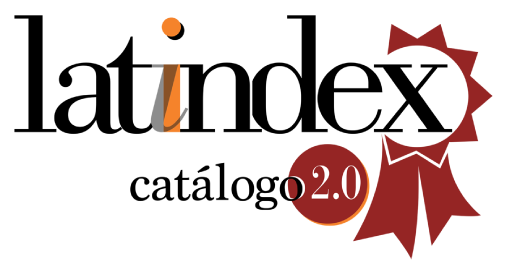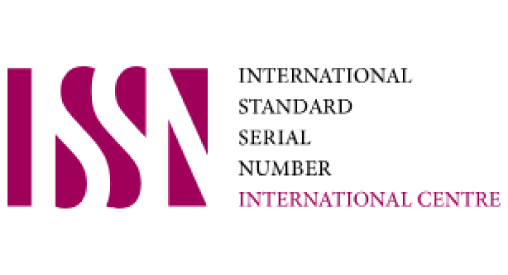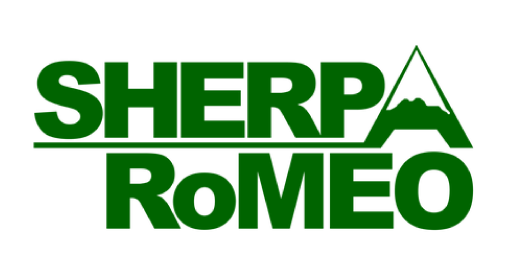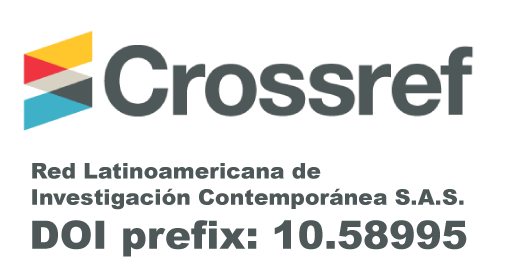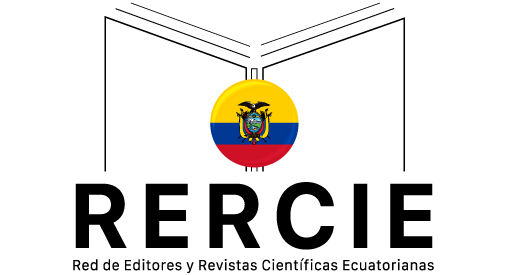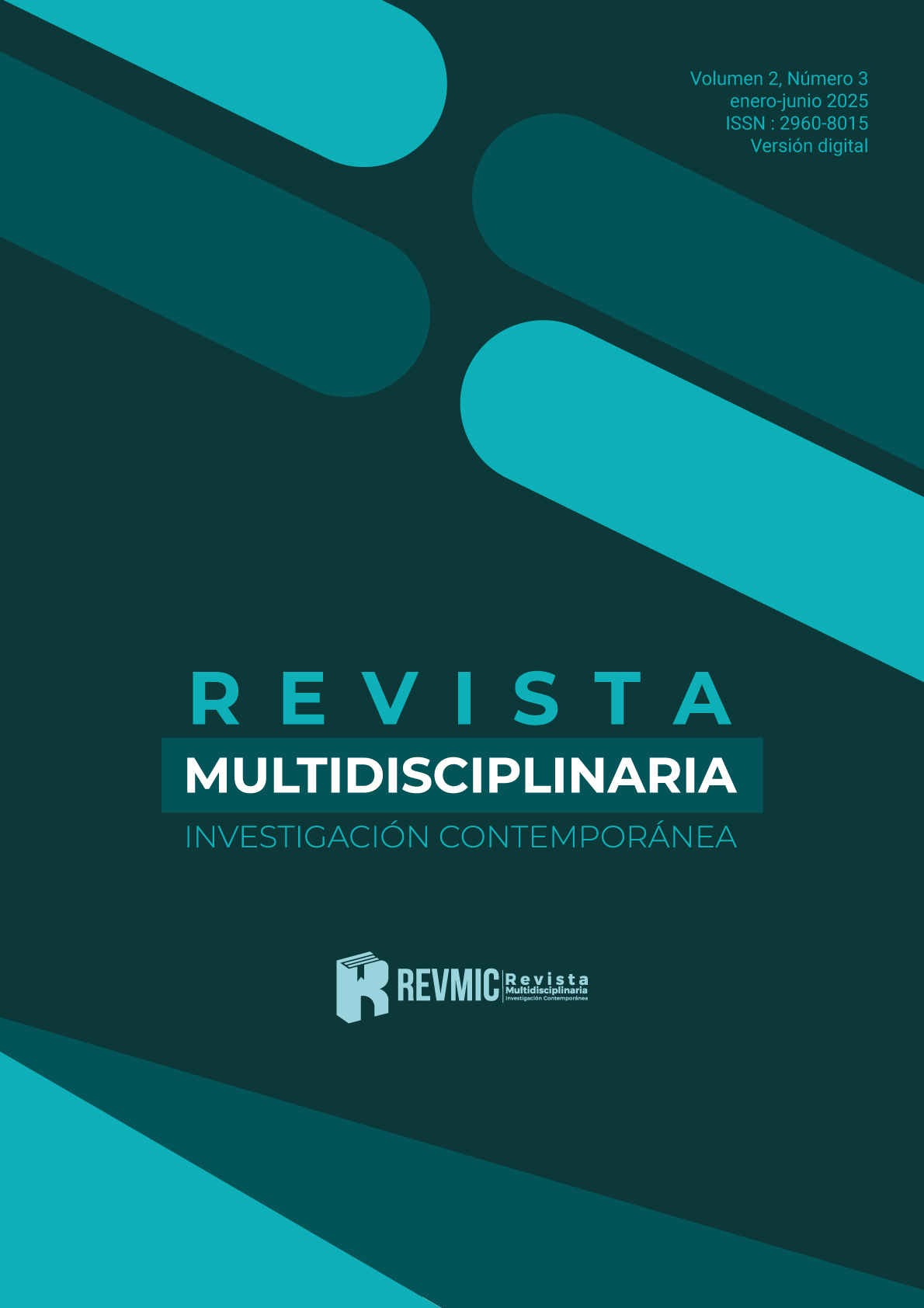competencias investigativas en la educación universitaria Teaching support: Pillars for the formation of research competences in university education.
Abstract
Teacher accompaniment in the formation of research competences in university students is essential to foster not only meaningful learning but also the ability of students to face the challenges of a constantly evolving academic and professional environment, accentuating their influence in the formation of researchers capable of contributing to social and scientific progress. It is proposed that teachers act as mentors, promoting autonomy, critical thinking and authentic learning experiences. This accompaniment goes beyond the mere transmission of information, is adapted to individual needs and promotes self-evaluation and intrinsic motivation of learners. In addition, collaborative learning and reflection on educational practice are highlighted as fundamental components. Finally, it is concluded that this educational framework is indispensable for training competent researchers, equipped to generate knowledge and to face social and scientific challenges
Downloads
References
- Boud, D., y Molloy, E. (2013). Rethinking models of feedback for learning: The challenge of design. Assessment and Evaluation in Higher Education, 38(6), 698–712. https://doi.org/10.1080/02602938.2012.691462 DOI: https://doi.org/10.1080/02602938.2012.691462
- Boud, D., y Soler, R. (2016). Sustainable assessment revisited. Assessment and Evaluation in Higher Education, 41(3), 400–413. https://doi.org/10.1080/02602938.2015.1018133 DOI: https://doi.org/10.1080/02602938.2015.1018133
- Boud, D., y Walker, D. (1998). Promoting Reflection in Professional Courses: The challenge of context. Studies in Higher Education, 23(2), 191–206. https://doi.org/10.1080/03075079812331380384 DOI: https://doi.org/10.1080/03075079812331380384
- Dall’Alba, G., y Barnacle, R. (2007). An ontological turn for higher education. Studies in Higher Education, 32(6), 679–691. https://doi.org/10.1080/03075070701685130 DOI: https://doi.org/10.1080/03075070701685130
- Dall’Alba, G., y Bengtsen, S. (2019). Re-imagining active learning: Delving into darkness. Educational Philosophy and Theory, 51(14), 1477–1489. https://doi.org/10.1080/00131857.2018.1561367 DOI: https://doi.org/10.1080/00131857.2018.1561367
- Liston, D. P. (1988). Critical pedagogy and teacher education. https://files.eric.ed.gov/fulltext/ED295937.pdf
- McLay, K. F., Thomasse, L., y Reyes, V. C. (2023). Embracing discomfort in active learning and technology-rich higher education settings: sensemaking through reflexive inquiry. Educational Technology Research and Development, 71(3), 1161–1177. https://doi.org/10.1007/s11423-023-10192-6 DOI: https://doi.org/10.1007/s11423-023-10192-6
- Noffke, S. E., y Zeichner, K. M. (1987). Action Research and Teacher Thinking: The First Phase of the Action Research on Action Research Project at the University of Wisconsin - Madison. En Document resume. https://eric.ed.gov/?id=ED417056
- Schön, D. (1983). The Reflective Practitioner: How Professionals Think in Action. Basic Books.
- Zeichner, K. (1994). Conceptions of reflective practice in teaching and teacher
Published 2024-12-27
Keywords
- teaching support,
- research skills training,
- university students,
- university education
Issue
Section
Copyright (c) 2024 Los autores que publiquen en la revista Multidisciplinaria Investigación Contemporánea aceptan los siguientes términos: 1. Los autores mantienen sus derechos de autor (copyright) y otorgan a la revista Multidisciplinaria Investigación Contemporánea el derecho de la primera publicación de su trabajo, bajo una licencia Creative Commons Attribution 4.0. Esta licencia permite que terceros utilicen el contenido publicado, siempre que se mencione la autoría y la primera publicación en esta revista. 2. Los autores pueden establecer acuerdos adicionales para la distribución no exclusiva de la versión publicada de su artículo en otros lugares, como repositorios institucionales, siempre y cuando se indique claramente que el trabajo fue publicado por primera vez en esta revista. 3. Los autores conservan sus derechos de autor (copyright) y garantizan a la revista Multidisciplinaria Investigación Contemporánea el derecho a publicar el manuscrito a través de los canales que considere apropiados. 4. Se permite y se recomienda a los autores compartir su trabajo en línea (por ejemplo, en repositorios institucionales o páginas web personales), una vez que el manuscrito haya sido aceptado para su publicación. Esto puede conducir a intercambios productivos y a una mayor y más rápida citación del trabajo publicado.

This work is licensed under a Creative Commons Attribution 4.0 International License.



